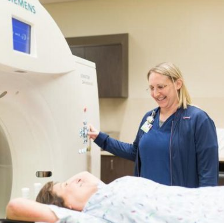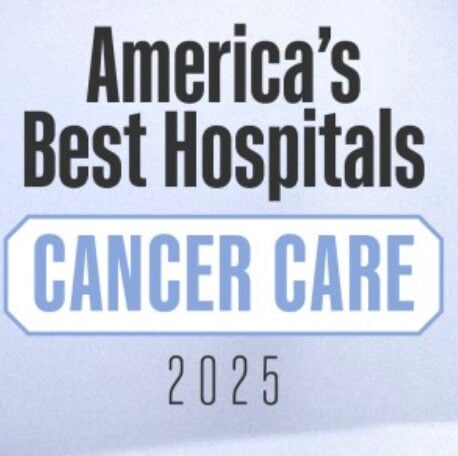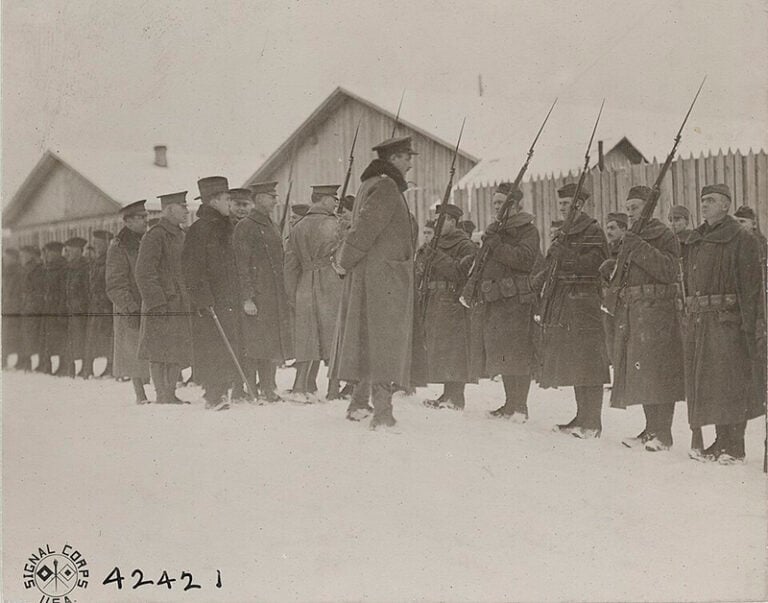St. Elizabeth Healthcare has passed a significant milestone in its lung cancer detection efforts. Through the lung cancer screening program, St. Elizabeth has diagnosed its 500th case, marking a momentous achievement in the fight against this previously silent killer.
Lung cancer continues to be the leading cause of cancer deaths in the United States, with more people dying from the disease than colon, breast and prostate cancers combined. With a deep-rooted history in tobacco use, Kentucky leads the country as the state with the highest number of lung cancer cases – an outcome that can be prevented with early screening, detection and treatment.

“We’ve invested a lot of resources in going after lung cancer, and we’ve developed a very successful, robust lung cancer screening program,” said Dr. Michael Gieske, director of lung cancer screening at St. Elizabeth. “We are finding it very early and when you find lung cancer in the early stages, for example in stage one, you’re going to have a greater than 90% chance of curing the cancer.”
Together, St. Elizabeth Healthcare and the Commonwealth of Kentucky are setting the bar for lung cancer screening and improved outcomes for lung cancer patients. The low-dose lung cancer Computed Tomography (CT) screening benefits high-risk patients by catching early, non-symptomatic cases, greatly improving their long-term prognosis. To qualify, patients must be between the ages of 50 and 80, have a history of smoking at least a pack a day for at least 20 years or have smoked within the past 15 years.
Since launching the program, providers at St. Elizabeth have completed more than 33,000 scans and are on track to perform greater than 9,000 scans by the end of this year. This latest milestone is a testament to the unwavering commitment St. Elizabeth has to improve patient outcomes and save lives through the early detection and treatment of cancer.
“By the time a patient presents symptoms from lung cancer, for example, coughing up blood or unexplained weight loss, or bone pain from metastases, it’s already stage four, and it’s much more difficult to cure cancer in that late stage,” said Dr. Gieske. “That’s one of the biggest problems with lung cancer. It’s very aggressive and moves very quickly, which is why it’s imperative that you catch it in the early stages to have a good long-term result.”
The 500th patient diagnosed through the lung cancer screening program is now cancer free following a stage one diagnosis and state-of-the-art robotic procedure to completely remove the small cancer and 25 cancer-free lymph nodes.
According to the American Lung Association, only 5.8% of eligible Americans have been screened for lung cancer, despite proof that an early diagnosis is key to survival. In some states, the number of screenings is as low as 1%.
To see if you qualify for a screening, click here.

















